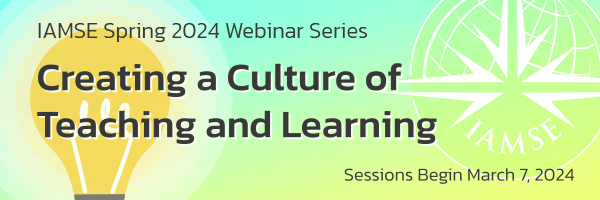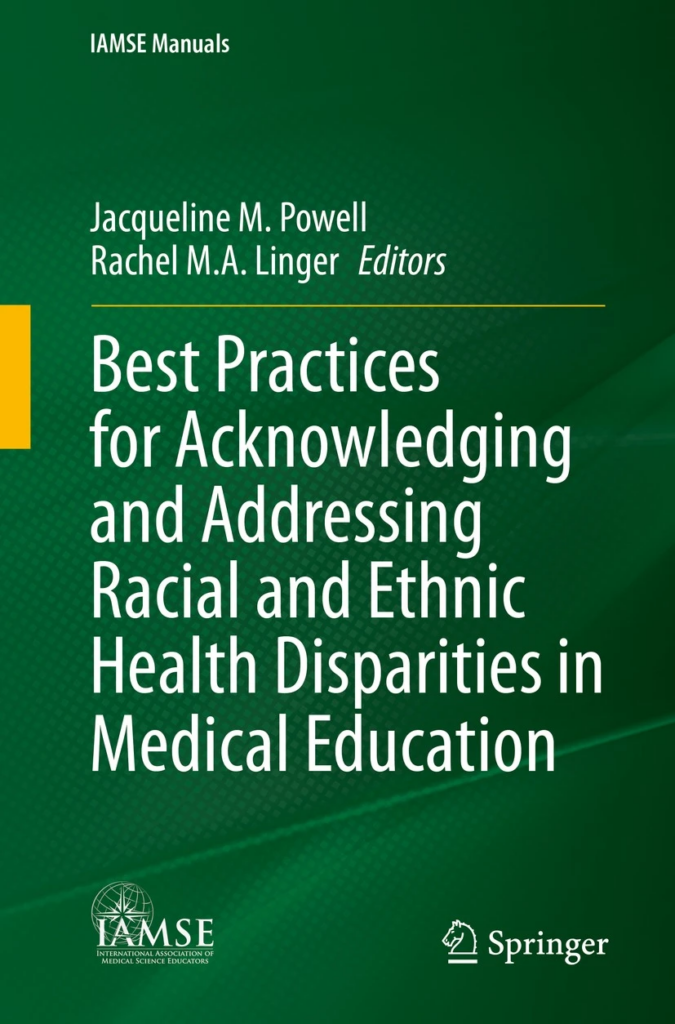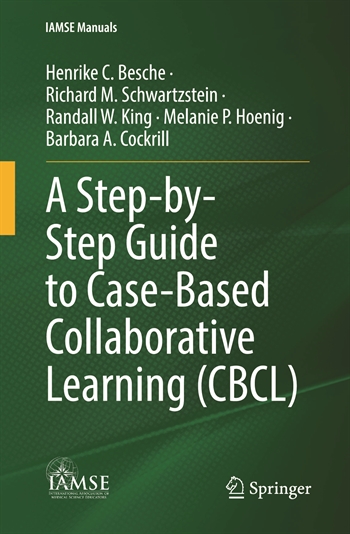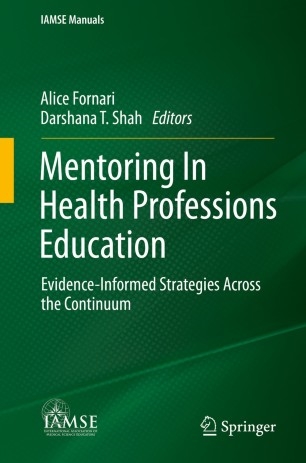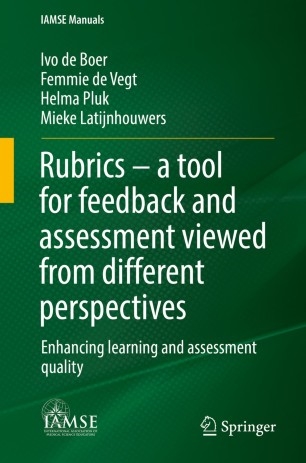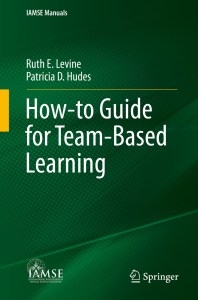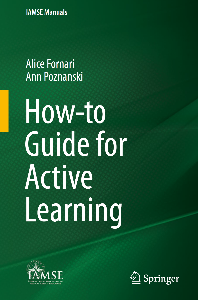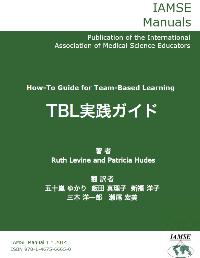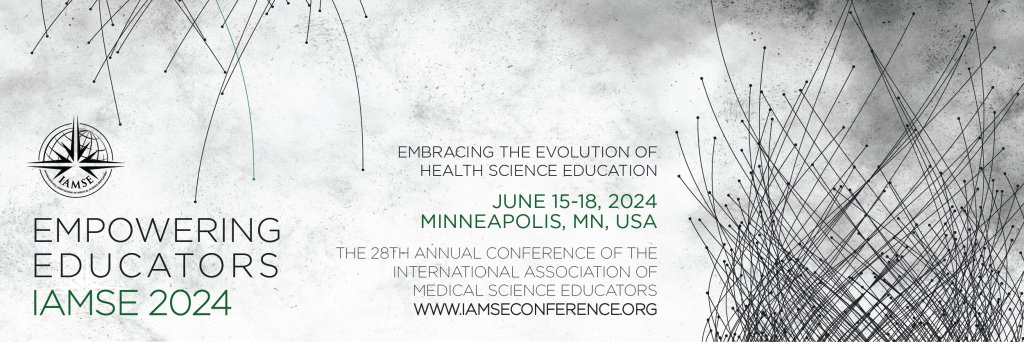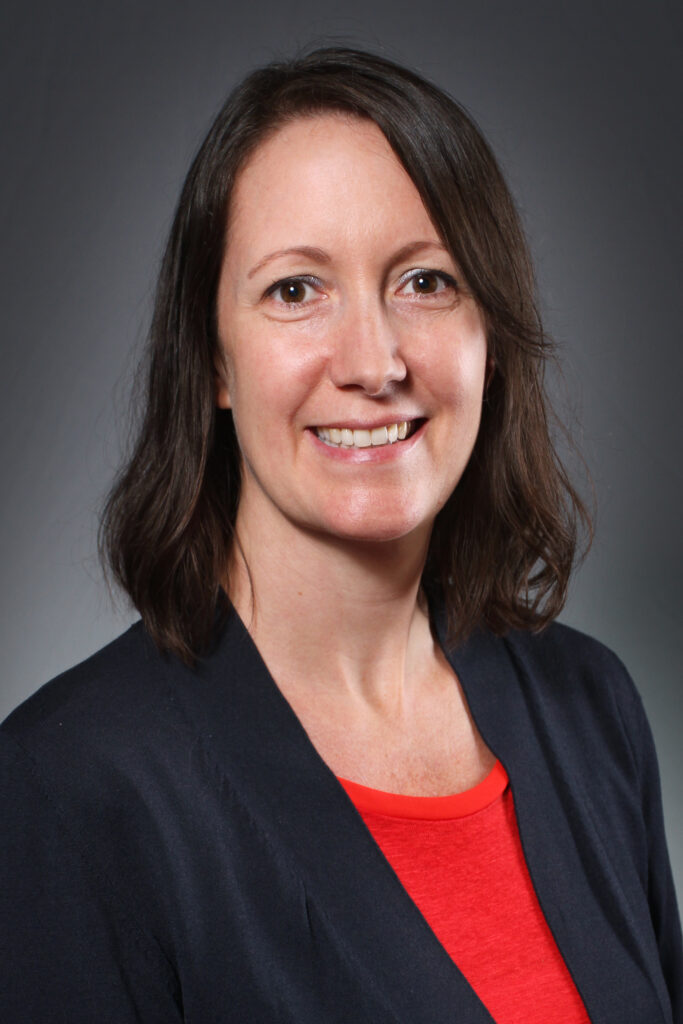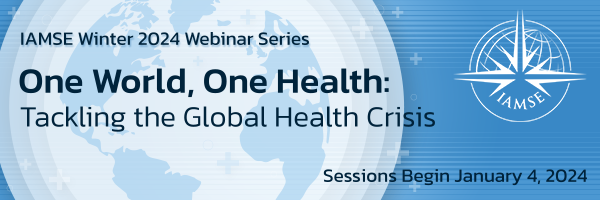
Presenter: Thirusha Naidu, PhD, Clinical Psychologist, Associate Professor Department Behavioral
Health, School of Nursing and Public Health, University of Kwazulu-Natal, South Africa
[The following notes were generated by Michele Haight]
Refracting Lenses Seeing Women of Color in Global Health
This presentation includes my reflection on the entire “One World, One Health: Tackling the Global
Health Crisis” IAMSE webinar series. It also includes artwork created by Faith Ringold and other artists,
whose work depicts the content of the presentation and provides a visual representation of ideas.
My historical identity in South Africa is connected to my ancestors who were slaves/indentured servants
from India, forced to leave their home due to the ongoing extraction of goods and resources from the
Asian continent by the British colonizers. I grew up in South Africa during apartheid and attended
segregated schools. I have been a recipient of the global health experience, and I position my research
through the lens of a recipient rather than a provider. All these aspects of my identity inform my
positionality and have influenced the way I think about and conduct my research.
The following are my reflections on the prior webinars presented during this series.
Baenziger: Global Health Electives: Impact, Challenges and Best Practices This perspective speaks from
the Global North (GN) to the Global South (GS), intervening, talking, and acting toward the GS. It is
critical to understand how GS researchers experience this. The flow of global health training is not
bidirectional in an equitable way. Most GN trainees go to the GS for training, not vice versa. Training and
intervention occur in the GN. Knowledge flow goes from the GN to the GS, whereas extraction goes from
the GS to the GN. Work needs to be done to level extraction and exchange, learning and ideas. Critical
questions: Are we teaching white saviorism or respecting local knowledge and agency? What is the
global health archetype student we are creating?
Richardson: Impact of Climate Change on Global Health. Climate change is not experienced equally.
Africa and African women disproportionately experience the negative effects of climate change.
Because African women are tied to the land, climate change impacts their lives more severely. These
impacts include agricultural production, food nutrition, food security, and health impact on water,
energy, disaster migration and conflict. Climate change must address the needs of women in the poorest
parts of the world in order to be relevant. People in political and economic power are making decisions
as to how climate change needs to be addressed and dealt with. Critical question: Whose perspective
and interests are we focusing on in climate change conversations?
Rashid: Global Approaches to Medical Education: Who Wins? This presentation deals with accreditation
and how the WFME sets global standards for medical/health professions education. Clinical standards
are set by Euro-North American methods, and do not really reflect the context of the training in other
countries. The WFME is skewed towards Western interests, perspectives, and ideas of how people
should be trained. The WFME system promotes the credibility of Western ideas and content while
keeping silent about, even ignoring the fact that there are other methods of teaching health professions
education in the world. Methods for teaching health professionals are relevant to the context in which they are taught. However, the educational methods of the GS are not given credibility because the
powers lie with the GN.
There has been a feminization of the health professions in the GN but not in the GS where fewer health
officials are women. Women get a worse deal in health systems because these systems are structured
according to a male dominated health system. We need more women in the health professions to
provide experience and perspective to properly address the needs of women. We need to develop plans
to train more women. Critical questions: Are we teaching a masculine curriculum that epitomizes male
thinking? Who is determining the basic criteria for standards and what ways of thinking do they base
their determinants on?
Cianciolo, De Jong, & Ramani: Culture and Practices for Global Inclusion in Health Professions Education
(HPE) Publishing: What Can Work? The leaky pipeline in medical education (Kusurkar, 2022), shows how
knowledge production in publishing occurs in medical education where low- and middle-income
countries (LMIC) are not part of the knowledge conversation. This creates a lack of diversity among
reviewers who do not see what is important for researchers in these countries. The knowledge system is
designed to rely on methods that are structured by Western epistemology. Editorial boards lack diversity
as well and further marginalize differing perspectives and epistemologies. There needs to be deepened
partnerships between the GN and GS, widened access to publications, and diverse types of papers that
are published. Critical questions: In medical education publishing, whose voices are we hearing most?
Who is controlling access to knowledge production?
GS authors identified three different categories of difficulty in getting their papers published: practical,
academic, and transformational.
Modern medicine is an artifact of colonialism because the science it underpins emerged from Western
knowledge structures that are based on a history of colonialism. The colonial roots of medicine include
colonization, colonialism, and coloniality. Coloniality has outlived colonialism and is preserved in our
books and our criteria for academic performance.
Quijano (2000) has proposed a colonial matrix of power that consists of a triad of colonialism, racism,
and patriarchy. He stated that this matrix permeated the colonial world and has cascaded down into the
modern world; it continues to dominate our knowledge and subjectivity.
Maldonado-Torres (2007) noted that coloniality is not over, it is all over, everywhere; it is ubiquitous.
In Zero Point Hubris, Castro-Gomez, (2021) points out that our behaviors and decisions continue to be
influenced by coloniality through our internalized colonizer. The information problem in global health is
that we are all victims of this mindset.
If we focus on women of color in the world who experience the most difficulties and challenges, we will
get it right for everyone else. By attending to women of color we can enhance global health and health
for all.
